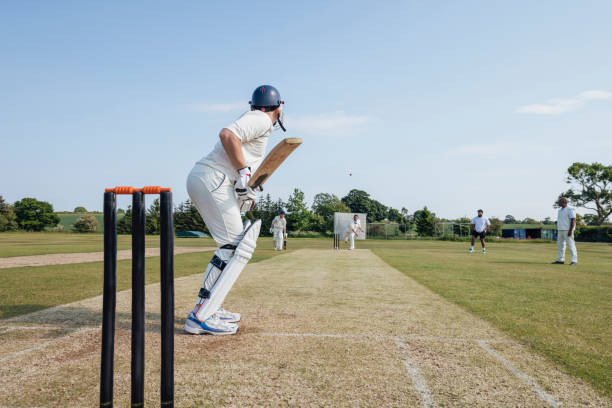How IPL Teams Adapt to Changing Rules and Regulations
11xplay login, king567, skyinplay.com login:The Indian Premier League (IPL) has grown to become one of the most popular cricket leagues in the world. With millions of fans tuning in to watch their favorite teams battle it out on the field, the IPL has become a global phenomenon. However, as with any competitive sport, the rules and regulations of the IPL are constantly evolving. Teams must adapt quickly to these changes in order to stay competitive and perform at their best. In this article, we will explore how IPL teams adapt to changing rules and regulations, and the strategies they employ to stay ahead of the game.
Introduction to IPL Rules and Regulations
The IPL is governed by a set of rules and regulations that are designed to ensure fair play and maintain the integrity of the game. These rules cover everything from player eligibility and team composition to match format and playing conditions. Over the years, the IPL has introduced several new rules and regulations aimed at improving the quality of cricket and making the league more competitive.
Adapting to Changes in Player Auction Rules
One of the most significant aspects of the IPL is the player auction, where teams bid for the services of the best players from around the world. The rules governing the player auction have changed over the years, with new guidelines introduced to ensure transparency and fairness. Teams must adapt to these changes by adjusting their strategies and tactics during the auction process. This includes identifying the right players to target, setting a budget, and making quick decisions under pressure.
Strategies for Team Composition
Team composition is crucial in the IPL, with different rules governing the number of overseas players that can be included in the playing XI. Teams must balance the need for international talent with the requirement to field a strong team of domestic players. This often requires teams to make strategic decisions about which players to retain, release, or trade in order to create a winning combination.
Adapting to Changes in Match Formats
The IPL has experimented with different match formats over the years, including introducing innovations such as the Super Over and strategic time-outs. Teams must adapt to these changes by developing new tactics and strategies to excel in these formats. This includes analyzing the strengths and weaknesses of their opponents, studying match conditions, and making quick decisions on the field.
Navigating the Challenges of Biosecure Bubbles
In recent years, the IPL has faced the challenge of organizing matches in biosecure bubbles due to the COVID-19 pandemic. Teams must adapt to the restrictions and protocols of these bubbles, which can impact everything from training schedules to team meetings. This requires teams to be flexible and creative in finding ways to maintain team morale and cohesion while adhering to health and safety guidelines.
Implementing Data and Analytics
Data and analytics have become increasingly important in modern cricket, with teams using advanced statistics to gain insights into player performance, opposition strategies, and match conditions. IPL teams must adapt to the use of data and analytics by investing in technology, hiring data experts, and integrating data-driven decision-making into their planning and preparation.
Sustaining Team Culture and Leadership
Beyond the rules and regulations, successful IPL teams must also focus on building a strong team culture and effective leadership. This includes fostering a positive team environment, developing strong communication channels, and empowering players to take ownership of their performance. Teams must adapt to changes in coaching staff, player personnel, and team dynamics to ensure that they remain cohesive and united in their pursuit of success.
Conclusion
Adapting to changing rules and regulations is a constant challenge for IPL teams, but it is also an opportunity to innovate, improve, and excel. By staying agile, proactive, and collaborative, teams can navigate the complexities of the IPL and continue to compete at the highest level. As the league evolves, so too must the strategies and tactics of its teams. By embracing change and adapting to new challenges, IPL teams can position themselves for success in the ever-evolving world of cricket.
FAQs
Q: How do IPL teams prepare for the player auction?
A: IPL teams prepare for the player auction by conducting thorough research on potential targets, setting a budget, and identifying key areas of need in their squad.
Q: How do IPL teams manage player workload during a hectic schedule?
A: IPL teams manage player workload by rotating their squad, giving players adequate rest, and focusing on recovery and rehabilitation between matches.
Q: How do IPL teams deal with injuries and player availability issues?
A: IPL teams have backup plans in place for injuries and player availability issues, including having reserve players on standby and using the transfer window to bring in replacements if necessary.
Q: How do IPL teams adapt to playing in different venues and conditions?
A: IPL teams adapt to playing in different venues and conditions by studying local conditions, adapting their playing style, and making strategic decisions based on the pitch and weather conditions.







